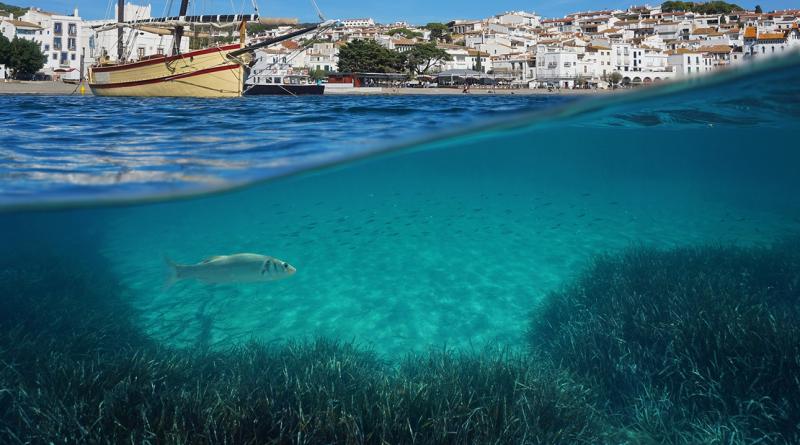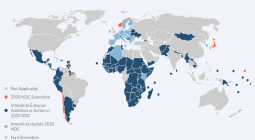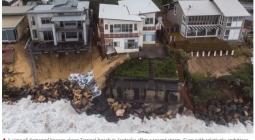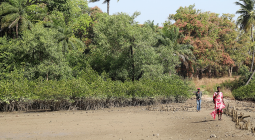Nature-Based Solutions Can Help Rebuild Economies After COVID-19.

Government investment in coastal wetlands protection and restoration is pathway to green recovery
The world is facing unprecedented challenges in the face of the COVID-19 crisis, with millions affected by the loss of lives and livelihoods. The effects of this global pandemic, which has uprooted conventional economic activities and societal norms, are compounded by the impacts of climate change—and 2020 is on track to be the warmest year on record.
In response, governments are hard at work determining where to direct resources for economic recovery. These much-needed stimuli across the globe offer unique opportunities to inject substantial sums of money into sustainable investments such as tree-planting, retrofitting of buildings with more resource-efficient systems, and revamping of public transportation. Directing funds to such efforts could develop societies and economies that are more resilient to future impacts.This message is laid out in the United Nations’ call on governments to focus their recovery efforts to a higher environmental and socioeconomic standard than before the pandemic. In doing so, the planet, its people, and their economies could flourish.
One way to accomplish this is to focus on nature-based solutions to climate change. Specifically, protecting and restoring coastal wetlands can help countries to strengthen their local economies and improve livelihoods while supporting adaptation and mitigation efforts for climate change. Coastal wetlands help to buffer against storm surges, filter water, store carbon, shelter and nourish species, and provide economic opportunity and intrinsic value for the communities whose well-being and livelihoods are tied to the healthy function of these ecosystems. And these ecosystems are in critical need of protection and investment because they are disappearing at startling rates; about 50% have been lost in the past 100 years. Reversing these losses is paramount for sustainable development.

AD Oviyandi/Barcroft Media via Getty Images
Another added benefit of protecting and restoring coastal wetlands is that these activities can be included in a government’s domestic climate commitments to the Paris Agreement. Aligning economic stimuli with these commitments, which are known as nationally determined contributions (NDCs), can help countries put people to work and regenerate domestically while contributing to their international emissions reduction goals. This is because, beyond their significance to thriving local communities and species conservation, coastal wetlands are also carbon sequestration and storage powerhouses that can aid governments in meeting their emission reduction targets under the Paris Agreement.
Moreover, governments are already slated to update their NDCs in the coming months, as stipulated in the Paris Agreement, and will be expected to show increased ambition. To support these efforts, Pew and its partners recently developed a set of guidelines for policymakers interested in including coastal wetlands among their mitigation and adaptation values in their NDCs. By outlining the scientific methodologies to properly assess the emissions reduction potential of these habitats and presenting their significance for adapting to the impacts of climate change, the guidelines provide a practical approach for governments ready to take on the challenge of rebuilding stronger across the social, environmental, and economic spectrum.
Courtney Durham is a senior associate and Emily Owen is a manager with Pew’s protecting coastal wetlands and coral reefs project.
3 August 2020
PEW




